Best RDBMS | MySQL Training Institute in bangalore
- 100% Placement guarantee
- ISO certification
- Fee EMI option available
- Job oriented training with final project
- Unlimited interview opportunities
- Interview preparation

“Rated 4.9/5 by 10,000+ Happy Students”
Course & Placement Details
Jnana infotech is the Best RDBMS | MySQL Training Institute in Bangalore with 100% Placement Guarantee.
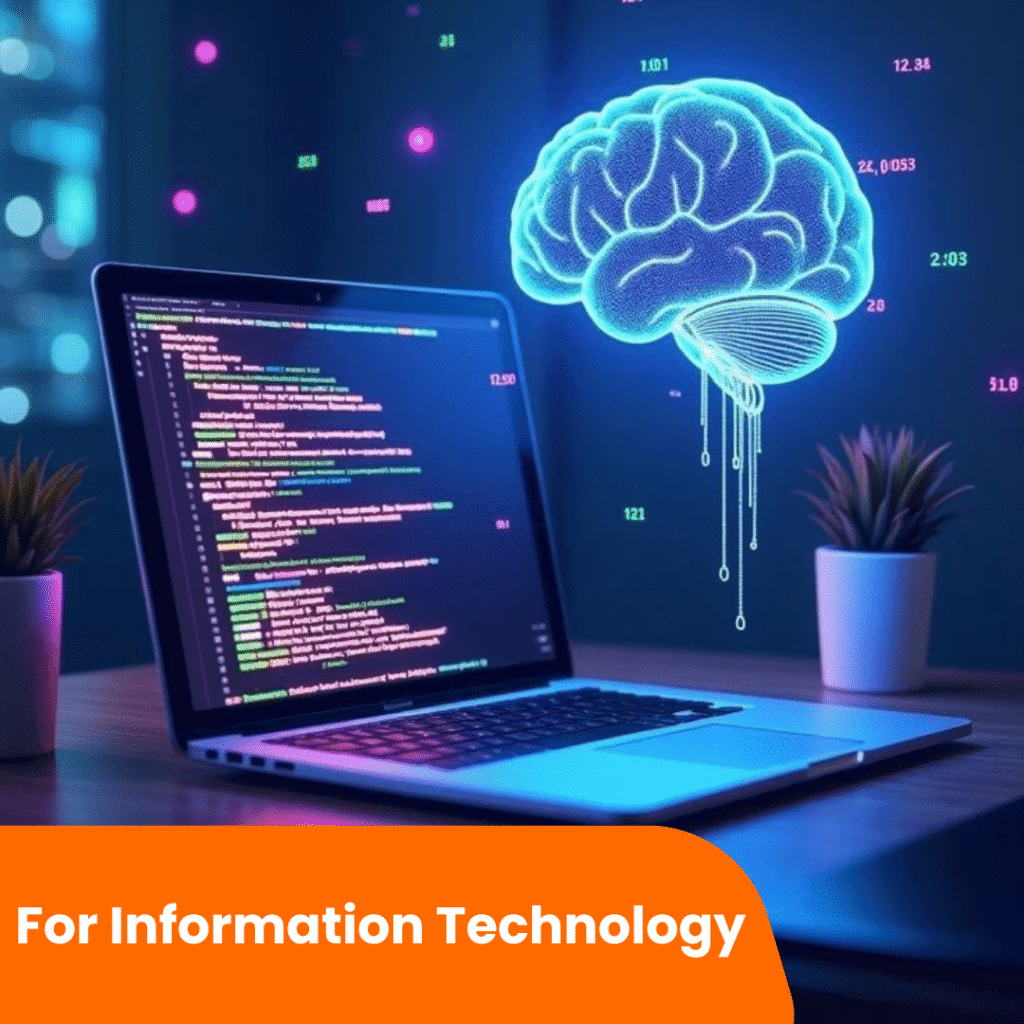
- C | C++ Programming
- Python Training
- Core Java Training
- Advanced Java Training
- JAVA Framework Training
- HTML5, CSS3, Bootstrap
- JAVAScript / JQuery Training
- Angular Training
- React JS
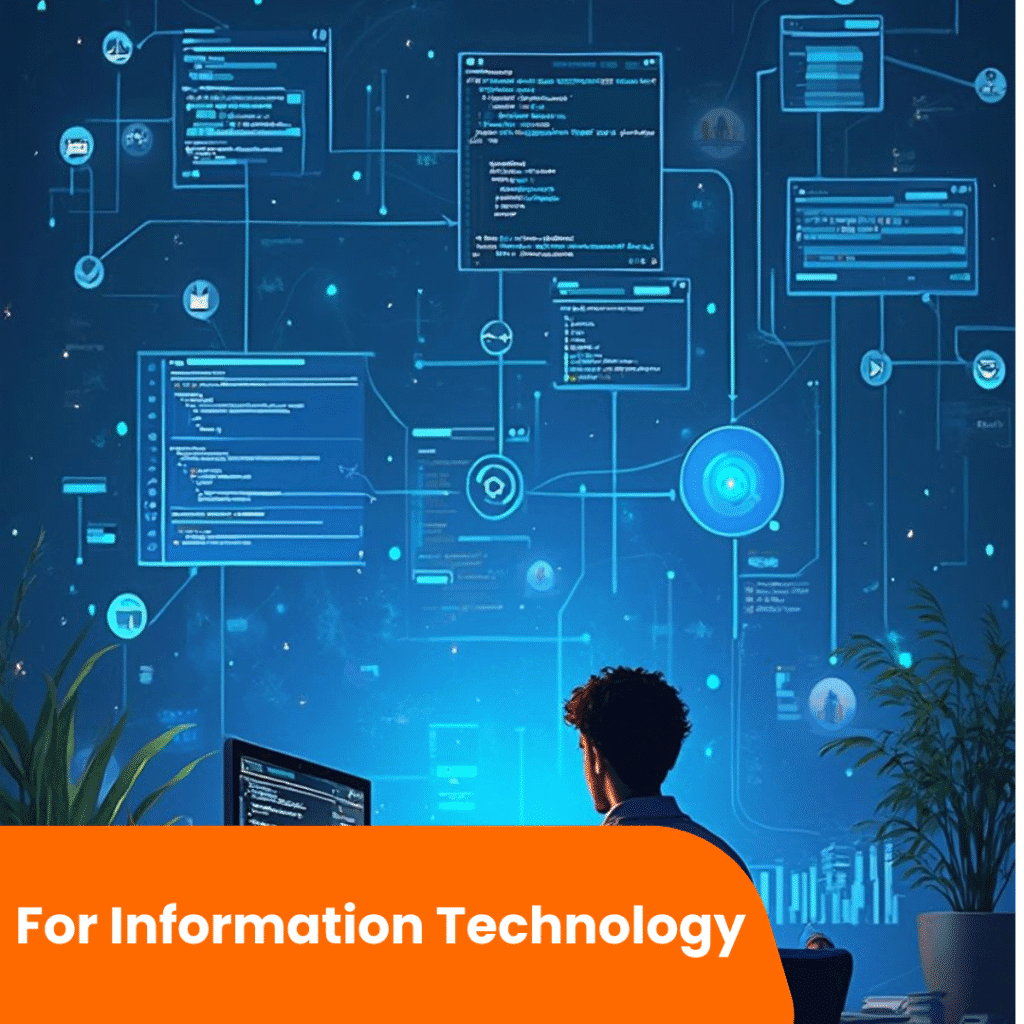
- React Native Training
- Mysql Development
- Oracle Advanced PL/SQL Development Training
- MongoDB Training
- Frontend Development
- Web development
- Fullstack java
- Fullstack python
- Fullstack web development
What people say about us
This is why Jnana Infotech is unique. Hear what our satisfied students have to say about our teaching.

Prama Bannimatti
Jnana infotech is best training institute for learning digital marketing . They have good faculties. They provide placements also. They also have courses and placement for c,c++,python Java .

Manasa B
Jnana infotech is Best training centre for learning softwares like Java,C,C ++ ,python supportive staff and good training with placement facility finally happy with the training.
Best java training institute in bangalore even they provide good training for digital marketing course.

santhosh Kumar
Best training training institutefor C,C++,Java, python provides good quality training with best placement services,definitely I recommend it to everyone thank you.
They too have digital marketing course in bangalore with good placement record and also there python training and java course are best best classes available here

Devraj singh
I learned java python in this institute with 100% placement

Venu venu
I learned Java python best software training centre in Bangalore with 100% placement

Harish j
Jnana infotech is the best software training centre in bangalore with 100% placement

Gangs Reddy
Jnana Infotech is the best training facility for learning software, including Python, C, C++, Java, and C.with 100% placement.Thank you for your perceptive observation.

sanjay angadi
Jnana infotech is best Java training institute for learning softwares like Java python , c c++, and all It training courses they have very good facilities for training and placement is very good, I got placed in one of the reputed companies with good package as per my dream . Thank you jnana infotech

MANASA BASAPPA
Best java training institute for learning Java, C,C++ , Python , With 100%placement, got placed from this institution. Best supportive faculties and management.

Praveen Kumar
I have better experience in jnana Infotech I learned c c++ java in the institute best IT software training institute in bangalore

Sandeep S
I am very happy to have done a course @ jnana Infotech, Bangalore. The teachers are good & they explain each and every point. My experience is very good while studying there. I'm happy to be the part of this center. They also helped me in placements. I have been placed thanks to the entire team.

akhil akhilesh
I have better experienced in jnana info tech this is best cad training centre in bangalore with 100% placement

Mani chandrika
I studied C, C++, and Java at Bangalore's best IT training facility. We provide a placement of 100%.

Adharsh Adharsh
Jnana Infotech is the best website for learning full-stack Java. Excellent employment possibilities are provided by the institute, and its professors do a great job of dispelling any uncertainty. Additionally, the placement team is outstanding, increasing the likelihood of success in interviews. I really recommend signing up here, it's worth the money.

Hemendra Pachakala

Shaik Shajid
Jnana Infotech is the best training facility for learning software such as Python, C, C++, Java, and C with helpful personnel and effective training that ends with a placement option.Thank you for the useful thought.

Sireesha Rakesh
Jnana infotech provides 100% placements.They are friendly and till you get placed they take care and provide good opportunities.Faculties are encouraging and clears all our queries. You can learn more concepts. I have learned full stack program in python. Skills given by institution is mysql, python,django,javascript,reactjs,bootstrap.
For beginners and those who want to learn, it is great opportunity to learn in this institute. Hr department are so friendly and give us right direction for our career. BEST INSTITUTE IN BANGALORE.

MSR Kings
The best training facility for Java, with highly qualified professors and excellent placement records
Click here to view our location on map
Our Recruitment partners
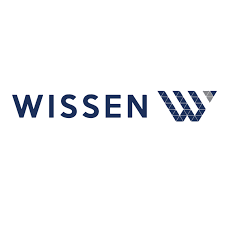
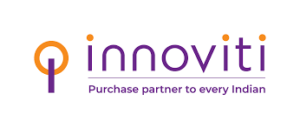

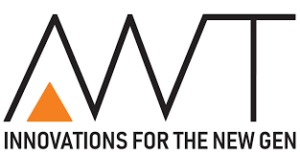


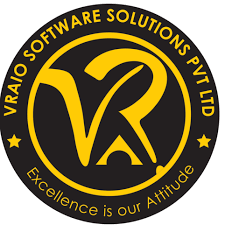
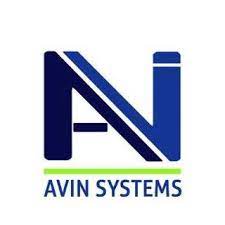
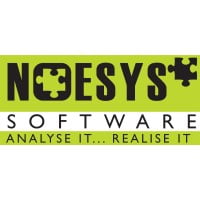
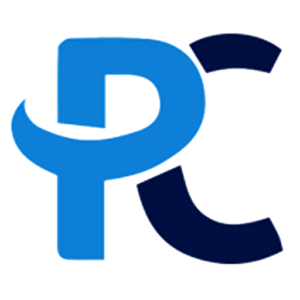

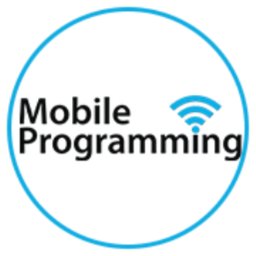
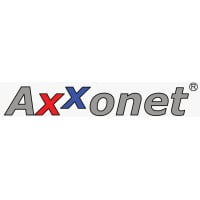
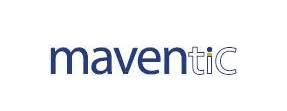
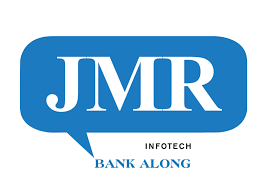
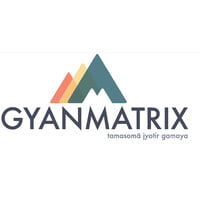
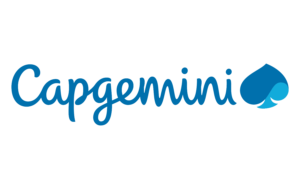
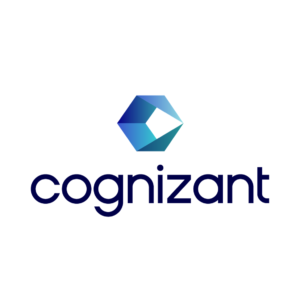
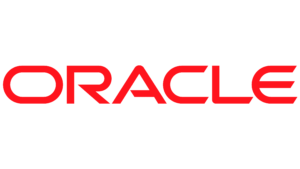
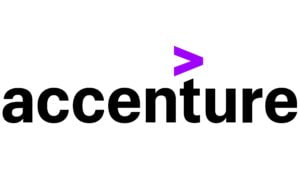
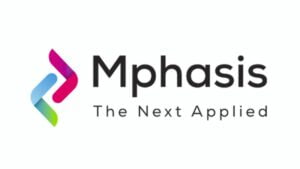
Why to choose Jnana Infotech IT Software center
100% Interview Guarantee
Experienced Lecture
One to One Teaching
Fee installment facility
Online/Offline training
Start With Uncertainty, Finish With Certification and Job!
- ×Confused about career direction knowledge
- ×Lacking real-world skills
- ×Struggling to get interviews
- ×Low confidence in coding/tech concepts
- ×No guidance or mentorship
- ✓Clear career path in IT
- ✓Hands-on project experience
- ✓Resume filled with in demand skills
- ✓Full support for job interviews
- ✓Expert mentorship & career support
Our placed Students
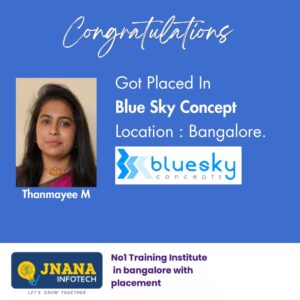




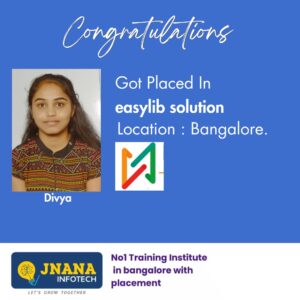


Things you will learn in RDBMS Concepts and Data Modeling Course
We help our students at every stage, from the start of a course to the actual skill-building technique. Our curriculum covers the following.
- Requirements of RDBMS
- Relational Model
- What is a Data Model?
- Steps involved in the development of
- Data Model
- Goals of Conceptual Data Modeling
- Conceptual Database Design
- Database design process
- Main Elements of an Entity-Relationship Diagram
- Entities
- Sub type, super type
- Regular or Strong & Weak entities (Independent and dependent entities)
- Entity Instances
- Identifying and Modelling Entities
- Relationships
- Modelling Relationships
- Defining a Relationship
- Types of relationships
- Minimum and maximum relationships
- Finding Attributes
- Meaningful Components for Attributes
- Different diagrammatic Conventions
- Transformation of entity relationship model into relational schema
- Logical Database Design
- Top-Down approach – E/R Modeling technique
- Bottom-Up approach –
- Normalization
- Differentiate between the above two approach
- Relational database design and update anomalies
- Discussion of case study on E/R modelling
- Execution of case study
- Normalization
- Appreciate the need for normalization
- Functional Dependencies
- Loss-less decomposition
- Various forms of Normalization
- I Normal form
- II Normal form
- III Normal form
- Boyce Codd Normal form (BCNF)
- Discussion of case study on
- Normalization
- Execution of case study
- Introduction to MySQL
- MySQL Tools to Access Data
Things you will learn in SQL Course
- Schema Objects – List of schema, usages and Conventions
- RDBMS Data types in General
- MySQL Data types
- Identify the major structural components of the MySQL Database
- Table manipulation – Creating,
- Inserting Data into tables
- Write SELECT statements that include queries
- Lab exercises
- Using metadata
- Retrieve row and column data from tables with the SELECT statement
- Run data manipulation statements (DML) to update data in the tables
- Viewing the data – Restricting, Organizing, Grouping
- Returning top rows
- Auto Increment
- Integrity constraints
- Domain integrity constraints
- Entity integrity constraints
- Referential integrity constraints
- Self-referential integrity constraints
- Querying Data dictionary – Querying system tables for Tables, Constraints
- ‘Group by’ clause and ‘Having’ clause
- SQL Functions
- Single row functions
- Number functions
- Character functions
- Date functions
- Miscellaneous functions
- Conversion Functions
- Group functions
- Creating and altering the structure and constraints of the table
- Temporary tables
- Joins – Equi-join, non-equi join
- Outer joins, Left Outer join, Right Outer join
- Self join
- Cross Join
- Natural Join
- Using
- On
- Set operators
- CASE expressions
- Lab exercises
- Hands on practice session
- Queries – Complex
- Sub Queries
- Writing Single-Row and Multi-Row Sub-queries
- Describing and Explaining the Behaviour of Sub-queries when NULL values are retrieved
- Using Regular Expressions
- Write multiple-column sub-queries
- Correlated Sub-Queries
- Introduction to other Schema Objects
- Lab exercises
- Hands on practice session
- Views – Concepts, Features,
- Definition, Creation, Join views updateable rule
- Manipulating and Altering Views
- Transactions and Transactional
- Statements
- TCL
- Indexes
- Purpose of indexes
- Classification of indexes
- Examples of indexes
- Creating and dropping indexes
- Querying the data dictionary
- SQL Tuning – overview
- Order of execution of SELECT statements
- Rules for writing SELECT statements
- Rules for writing join statements – to improve performance
- Concepts of Privileges and Role
- DCL – Data Control Language – Grant and Revoke
- Concurrency and Locking Mechanism
- Types of Locks – Implicit and Explicit locking
- Levels of Lock
- Lab exercises
- Hands on practice session
Things you will learn in Module 3: Stored Routines Course
We help our students at every stage, from the start of a course to the actual skill-building technique. Our curriculum covers the following.
- Managing Stored Routines
- Procedural extensions to standard SQL
- Delimiter
- Flow control
- Loops
- While
- Loop
- Repeat
- Cursors
- Error handling
- Stored Procedures
- Calling or executing a Procedure
- Drop procedure
- Modification
- Metadata
- Lab exercises
- Hands on practice session
- Show Function / Procedure Status
- INFORMATION_SCHEMA.ROUTINES
- INFORMATION_SCHEMA.PARAMETERS
- Managing Triggers
- Creating Triggers
- Drop Triggers
- Metadata
- Show Create Trigger
- Show Triggers
- INFORMATION_SCHEMA.TRIGGERS
- Exercises
- Hands on practice session
- Events
- Managing Events
- Create Event
- Alter Event
- Drop Event
- Metadata
- SHOW CREATE EVENT
- SHOW EVENTS
- INFORMATION_SCHEMA.EVENTS
Tools We Cover
Jnana infotech Institute in Bangalore Offers Training on Below Courses

C | C++ Programming

Web development

Core Java Training

Advanced Java Training

JAVA Framework Training
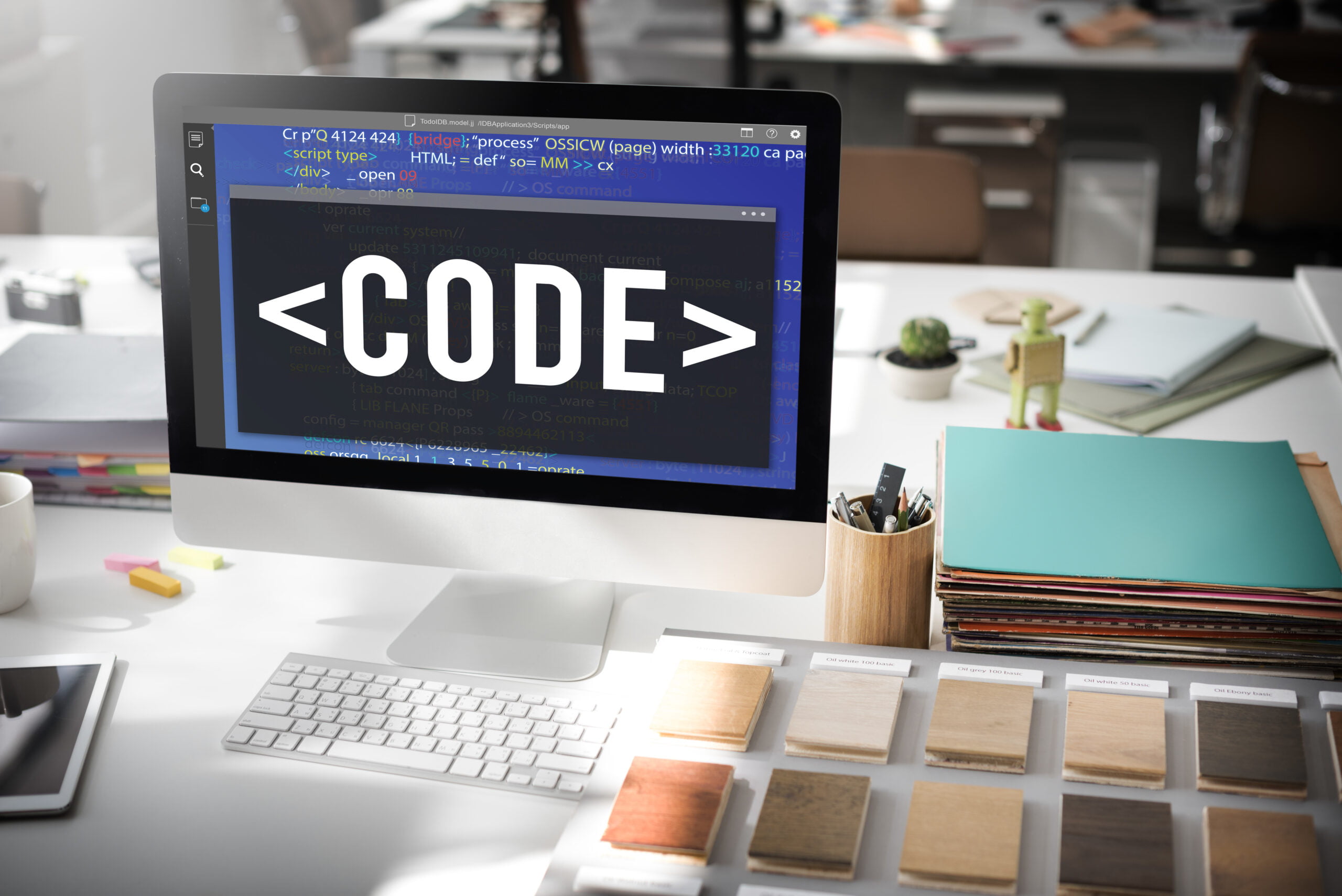
HTML5, CSS3, Bootstrap

JAVAScript / JQuery Training

Angular Training

React JS

React Native Training
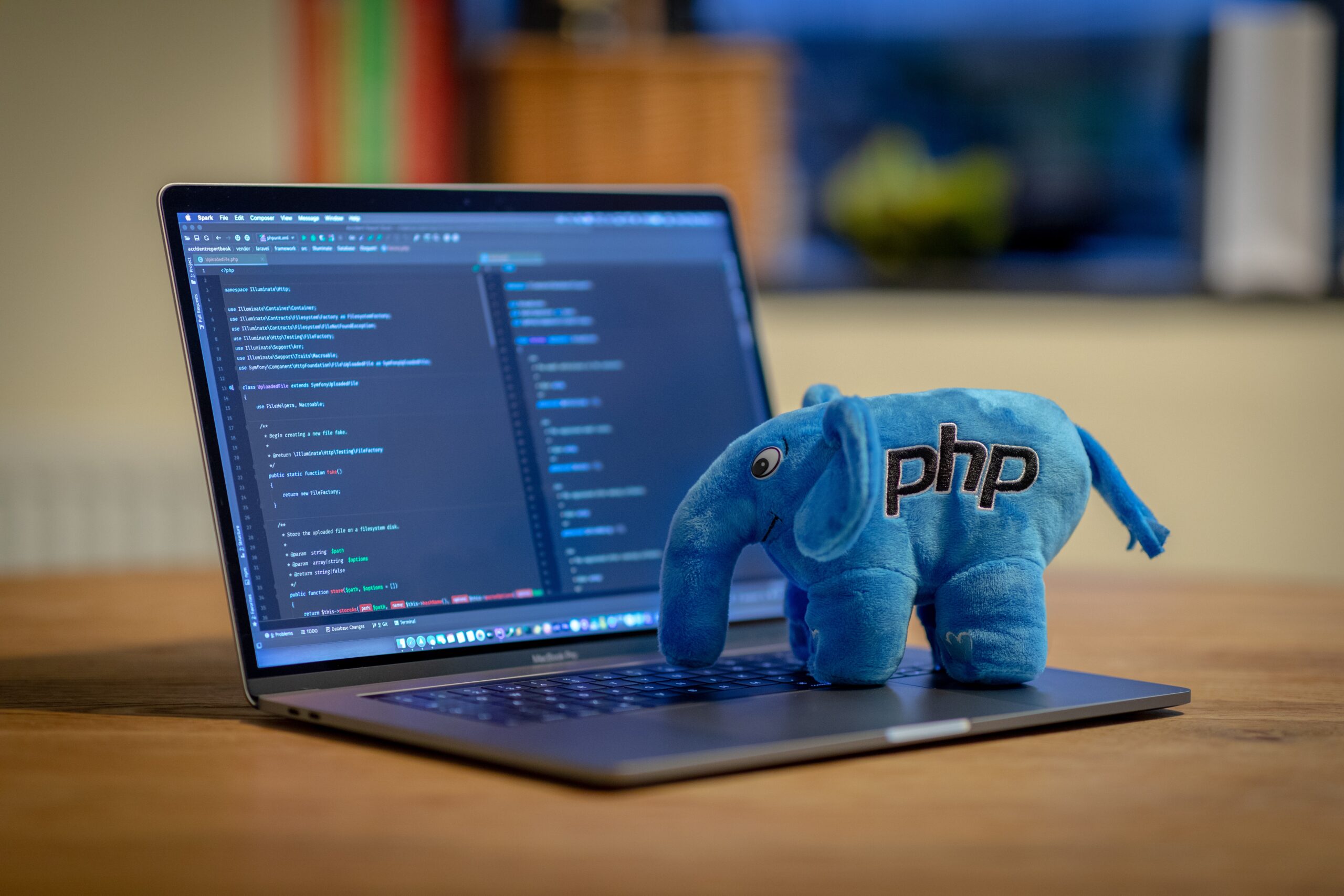
Fullstack Java

Mysql Development

Oracle Advanced PL/SQL Development Training
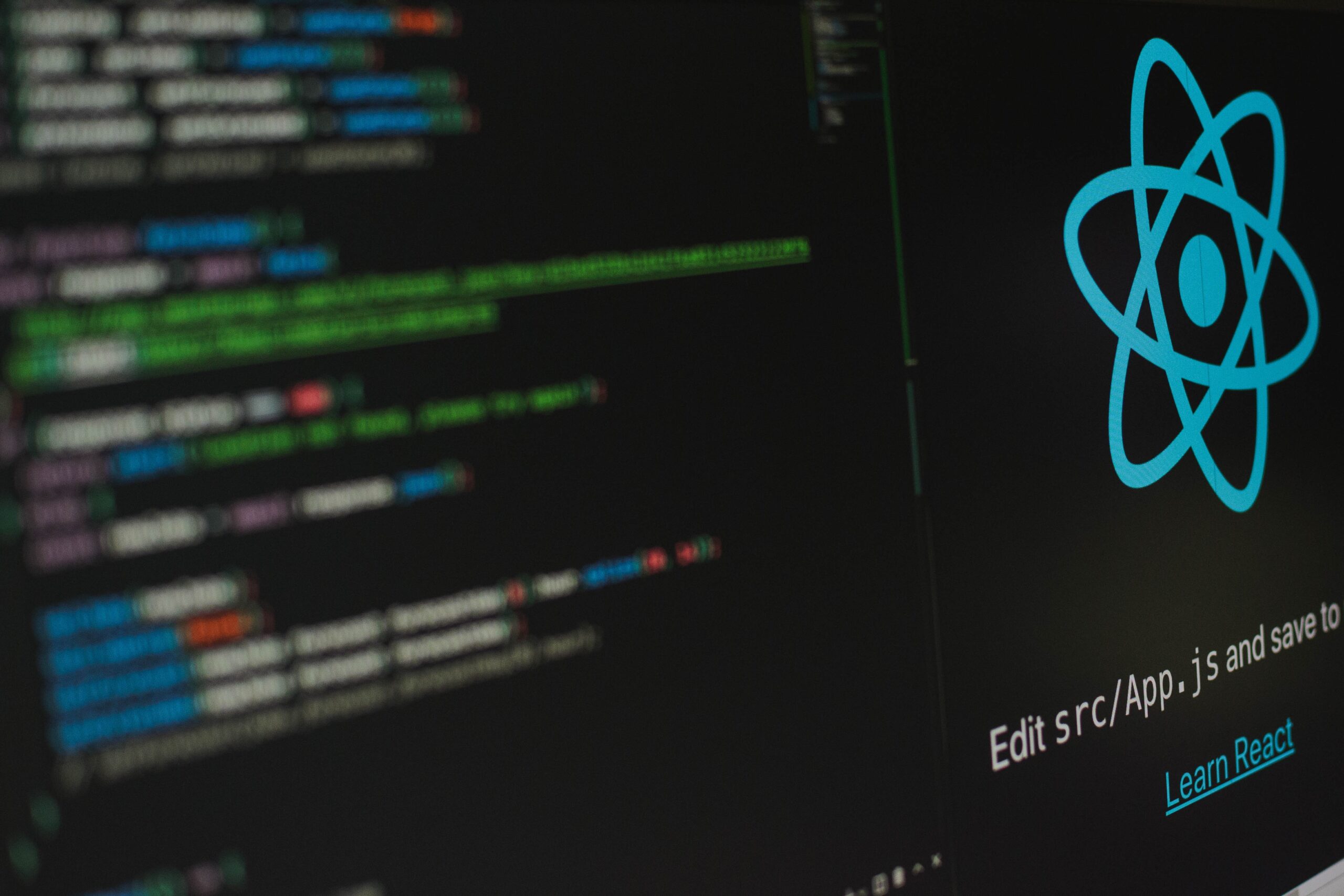
MongoDB Training

Frontend Development

Fullstack Python

Fullstack web development

Cyber Security Associate
Course & Placement Details
Frequently Asked Questions
Discover what sets Jnana infotech Institute apart. Explore answers to commonly asked questions about our unique teaching approach.
Jnana Infotech Guaranteed Placement Program (TWGPP)covers all aspects of developing a fresher to a qualified professional ready to meet human resources needs of today digital world. Exhaustive program covers pre assessment, grooming, industry ready skills and soft skills trainings to empower students to become qualified professionals. We offer interview opportunities and work relentlessly to help our students placed
At the core of THINKWorks Placement Program’s Skill journey is the vision to empower and make job ready the tech freshers with a consistent academic track record.
This unique program provides job aspirants an opportunity to unlock their IT-Career by following the strenuous hands on training on industry skills, employability skills and internship opportunities.
In addition to the technical skill training leaner will go through a 36 hour training to develop him/her for employment. Skills covered in this program include:
Employability skills covering honesty & integrity, Communication, Team work and collaboration, Problem solving, Leadership, Critical (analysis) thinking, adaptability, Time management, Digital Skills/Technology use, Planning and organising, Decision making, Learning agility, Emotional Intelligence and Proactivity
Interview related skills covering Resume building, presentation skills, campus to corporate, SWOT Analysis, Phone and Email Etiquette, Grooming, Dressing and presentability, Group discussion, Commonly asked questions and Mock Interviews
Aptitude covering Verbal ability, Numerical ability, Analytical ability and reasoning and quantitative analysis
Fresh graduates who are keen to embark on a fulfilling career in Information Technology
10th & 12th ≥ 50%
BE/BTech(All Streams) ≥ 60%
BCA, BSc (CS/IT) Degree ≥ 60%
It’s expected for an aspiring candidate to have basic knowledge on a programming language, data structure, OOPs, and web fundamentals
Minimum technical requirements are
- Laptop running Intel i5 with 8 GB RAM
- Webcam with audio enabled headset
- Windows 10 or Ubuntu OS
- Stable Internet connection with minimum dedicated 1Mbps
There will be assignments throughout the programme. Apart from daily practices, there will be weekly assignments and a live project as a final assignment. Participants are expected to complete each assignment to ensure project readiness.
There will be assignments throughout the programme. Apart from daily practices, there will be weekly assignments and a live project as a final assignment. Participants are expected to complete each assignment to ensure project readiness.
PAN Card: Pan Card (Mandatory)
If the learner is below 21 years of age then they need to apply for the loan along with a co-applicant that is at least 21 years of age.
In case you are unable to provide the documents listed above, please reach out to your Programme Advisor to discuss other possible alternatives.
- Full Stack Developer Program
- Program in Web Development
- Master Program in Programming Language
- Full Stack Digital Marketing Programme
- Professional Program in Cyber Security
- For Students below 25 years of age
Academic Qualification should be
≥ 50% in X, XII, Graduation
Aptitude Test score should be
≥ 60% – For Placement Assurance
< 60% or No Score – For Placement Assistance - For Students between 25-28 years of age
We provide Placement Assistance - For Students above 28 years of age
We provide Career Guidance
1.Successful completion of the program is mandatory for any of the placement services
2. Placement Assistance – Learners will be provided with up to 3 selection opportunities
3. Career Guidance – Learners are supported for online portfolio, LinkedIn profiling and soft skill workshop
4. Placement Assurance is applicable for only STEM Graduates
Reach Us
Phone : +917204961400
Email : jnanainfotechvijaynagar@gmail.com
Address : Service road, 10th Cross Rd, SBI Staff Colony, Hoshalli Extension, Stage 1, Vijayanagar, Bengaluru, Karnataka 560040
1st floor, satya tirumala complex, No 2332, opposite bata shop, near yelahanka new town, busstop, Bengaluru, Karnataka 560064
187, AA arcade, 1st floor outer ring road, aa arcade, marathahalli, BENGALURU, Karnataka 560037
Copyright © Jnana Infotech Bangalore 2022 All rights Reserved
